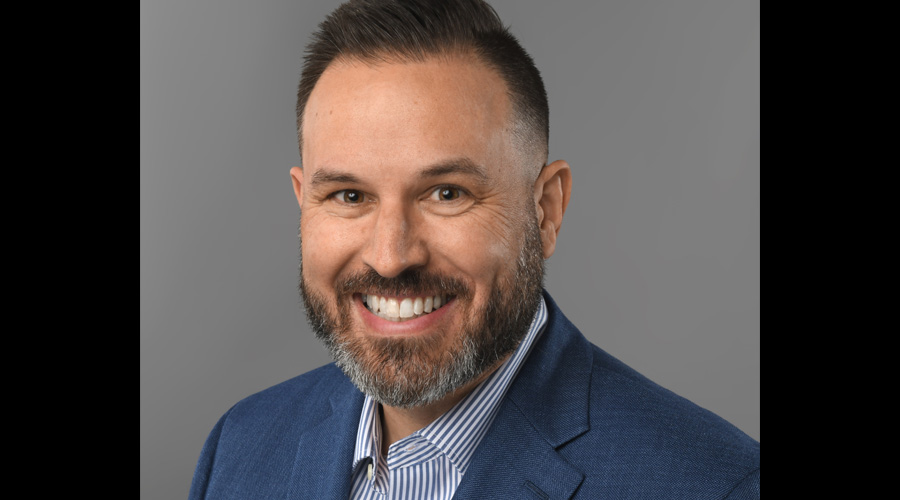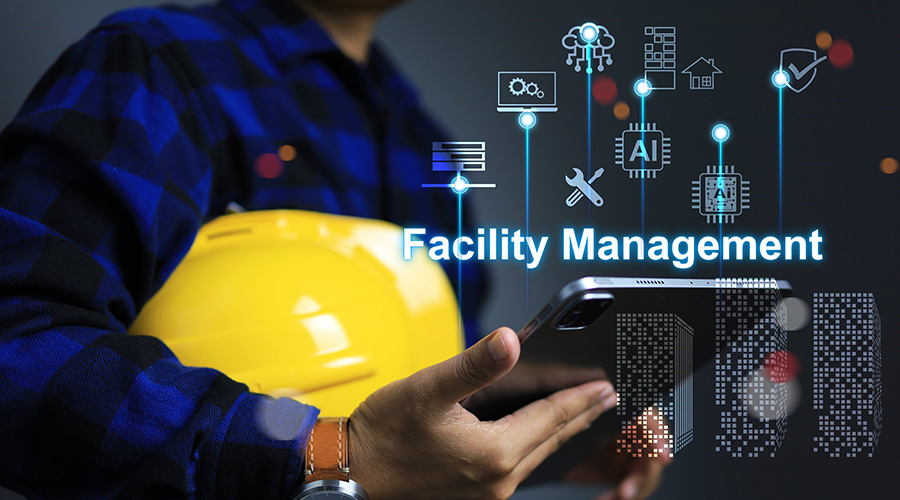How to Prepare Better Proposals for Facility Projects
When it comes to actually building the meat and potatoes of the proposal, there's no better idea than to get financial folks to help you with the proposal. That way, your numbers are vetted and in the appropriate form before upper management lays eyes on them.
Regarding the proposal itself, the exact format will depend on the organization, but again, experts suggest a few best practices. The most important thing: Keep it short and sweet. Provide two to three alternatives, e.g., the benefits of the proposal if it is accepted, the risks of doing nothing, and what would happen if the proposal is delayed for a year or two or if a less costly option is chosen.
The problem, solution and benefit to the company should be made clear in the first 90 seconds, says Whitson. Use PowerPoint because that's what executives are used to, says Friday, but dress it up a little. Use photos, or "if you're extraordinarily clever, create a simulation model or things that move and circulate. Anything's better than just a flat presentation."
The actual hard copy of the presentation must be equally short and sweet. "I'd strongly recommend, and this is not easy with people with engineering backgrounds, one page or less and using bullet points," says Balzer. "That's the only way the CFO will look at it." The biggest mistake to make is to assume more data, pages and spiffy charts will help your cause. "Leaders have a nanosecond attention span," says Friday, "so you can't overwhelm them with blocks of text or charts and graphs that are hard to decipher."
Another common mistake facility managers make is failing to report back on an approved project, even if nobody asked for data. "We remind everyone when we have a successful project," says Cooke. "Give updates. That provides the personal touch."
Balzer agrees: "Facility managers can make themselves more noticeable by sending quarterly reports on how their initiative is working. It's a great way to build credibility. You're saying, 'Look, I stuck my neck out and I'll report, even though you're not asking, because I'm confident enough in this initiative.'"
Doing such voluntary reporting completes the credibility loop, one of the biggest factors in getting a "yes." Your personal relationship with the financial folks making the decision on your proposals is just as important as the numbers themselves — perhaps more so. As Cooke puts it, "Your credibility and personal relationships are the keys." The question to ask, he says, is this: "If I call them, will they give me the time of day?" If the answer is "yes," you've got much better odds the answer will be "yes" on your proposal as well.
Related Topics:














